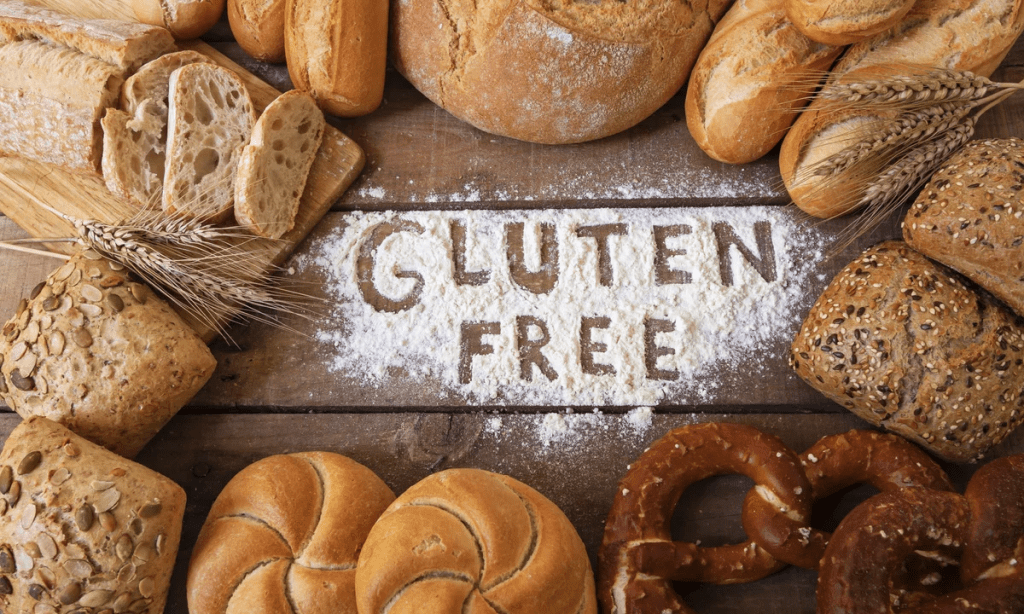Thyroid cancer cases are climbing fast, and it’s sparking serious concern among health professionals. While there’s still a bit of mystery behind the exact causes of this rapid increase, researchers and doctors agree that lifestyle and diet play a much bigger role than we might think. In particular, what you eat could either support your thyroid’s health—or push it into dangerous territory. If you or someone you love is at risk or currently dealing with a thyroid condition, this article is your ultimate food guide.
Let’s break down the biggest dietary red flags when it comes to thyroid cancer—and more importantly, what you can do to stay protected.
What’s Fueling the Surge in Thyroid Cancer?

Before we dive into food, let’s look at some common risk factors:
- Radiation exposure (especially in childhood)
- Low iodine levels
- Inherited gene mutations or a family history of thyroid disease
- Thyroiditis or an enlarged thyroid
- Obesity and high body fat
- Previous radiation treatments to the neck or head
- Exposure to nuclear fallout or environmental toxins
It’s a complex mix. But one thing doctors are clear about? Nutrition matters more than ever.
Cruciferous Vegetables: A Double-Edged Sword
Yes, you read that right. Those so-called “superfoods” like kale, cabbage, broccoli, and bok choy aren’t always super for your thyroid.
These veggies contain compounds called goitrogens that can interfere with your thyroid’s ability to absorb iodine. Iodine is essential for making thyroid hormones, and when your body doesn’t get enough, it struggles to regulate metabolism.
Now, this doesn’t mean you need to swear off kale salads forever. Cooking these vegetables reduces their goitrogenic effects. Just don’t go overboard on raw versions if you’ve got thyroid issues.
Soy Products: Beware the Hidden Interference
Tofu, soy milk, edamame—healthy, right? Not if you’re dealing with thyroid cancer or hormone therapy.
Video : 5 Shocking Foods You Must Avoid In Thyroid
Soy contains isoflavones, which may block the enzyme your body uses to produce thyroid hormones. For those on thyroid hormone replacement therapy (like after surgery), soy can interfere with medication absorption. If you love soy, space it out from your medication by at least 4 hours and limit intake.
Processed Foods: A Silent Saboteur
You already know processed foods aren’t ideal. But for thyroid patients, they can be especially harmful.
Think of items like:
- Canned soups
- Instant noodles
- Frozen entrees
- Packaged snacks
These are often packed with sodium, artificial additives, and unhealthy fats that throw off hormone production. Worse yet, they lack the key nutrients your thyroid thrives on. Whole, clean foods are your best bet.
Caffeine: Handle With Care
We get it—morning coffee is sacred. But if you’re taking thyroid meds, chugging a latte right after could be sabotaging their effectiveness.
Caffeine can hinder how well your body absorbs thyroid hormone medications. Doctors usually suggest waiting at least 60 minutes after taking your meds before sipping that espresso. It’s a small delay that makes a big difference.
Alcohol: Just Say No
This one’s a big red flag.
Alcohol directly damages thyroid cells and disrupts hormone production. It also adds toxins to an already stressed system. For thyroid cancer patients or anyone in treatment, alcohol is like throwing fuel on a fire. Skip it altogether—it’s not worth the setback.

Iodine: Balance Is Everything
Here’s the twist: your thyroid needs iodine—but too much can be just as bad as too little.
Before radioactive iodine treatments, patients are advised to avoid iodine-rich foods like:
- Seaweed
- Shellfish
- Iodized salt
After treatment, you’ll still need to regulate iodine levels carefully. Ask your doctor for personalized advice based on your medication or post-surgery recovery.
Post-Surgery Eating Tips: Go Easy on Your Throat
After thyroid surgery, your throat is sensitive. Hard, dry, or scratchy foods can irritate the surgical site and slow healing.
Avoid:
- Dried squid
- Jerky
- Popcorn
- Seeds and raw legumes
Instead, choose soft, gentle foods like soups, smoothies, mashed vegetables, and steamed rice. They’re easier to swallow and digest—your healing body will thank you.
Gluten: The Surprising Trigger
If you have Hashimoto’s thyroiditis or another autoimmune thyroid condition, gluten might be adding fuel to the fire.

Gluten can irritate your gut lining and make it harder to absorb medication and nutrients. Wheat, barley, and rye are obvious culprits, but gluten also hides in:
- Processed meats
- Packaged sauces
- Certain beers
Consider going gluten-free—or at least cutting back—to improve your thyroid function and overall gut health.
Spicy and Sour Foods: Tread Lightly
Post-surgery or not, spicy and sour foods can irritate both your digestive system and throat lining. Think vinegar-heavy meals, hot peppers, or anything that sets your mouth on fire. Give your body a break from these while it’s healing.
Now, let’s flip the script—what should you eat?
Thyroid-Friendly Superfoods to Add to Your Diet
1. Berries (Strawberries, Blueberries, Raspberries)
Rich in antioxidants and fiber, berries fight inflammation and support your immune system.
2. Apples
Contain quercetin, a compound known to reduce inflammation and help detox the body.
3. Brazil Nuts
A selenium powerhouse—just 1 or 2 nuts a day can supply what your thyroid needs to function optimally.
4. Avocados
Loaded with healthy fats, magnesium, and antioxidants that help regulate hormones and support weight balance.
5. Eggs
Provide iodine, vitamin D, selenium, and quality protein—all crucial for thyroid hormone production.
Video : Thyroid foods to eat and avoid
6. Yogurt (Plain or Greek)
A great source of probiotics and iodine, promoting both thyroid and gut health.
7. Pumpkin Seeds
Full of magnesium and zinc, which help synthesize thyroid hormones and support immune strength.
Takeaway: Your Thyroid, Your Choice
Thyroid cancer and other thyroid disorders are becoming more common—and diet plays a major role in how you manage them. While there’s no magic food that prevents cancer, avoiding harmful ingredients and embracing nutrient-dense, thyroid-supportive options can dramatically improve your body’s ability to heal, balance hormones, and respond to treatment.
You don’t need a radical food overhaul overnight. Start small. Make informed choices. And listen to what your body is telling you.
Because when it comes to thyroid health, what’s on your plate could be just as important as what’s in your prescription bottle.


